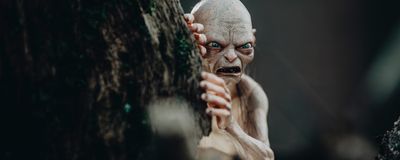research misconduct
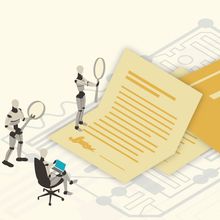
Detecting Research Misconduct
in the Age of Artificial Intelligence
Danielle Gerhard, PhD | Dec 13, 2024 | 2 min read
The rise of fraudulent papers, exacerbated by AI-assisted technologies, threatens scientific integrity, but new detection tools offer hope.

The Evolution of Microbe Teachers and AI Cheaters
Meenakshi Prabhune, PhD | Dec 13, 2024 | 2 min read
In nature, microbes fend off their microbial competitors. In the digital world, can AI-detection tools help researchers knock out AI-based research misconduct?
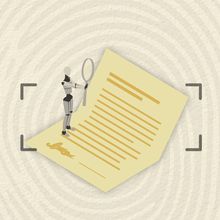
Detection or Deception: The Double-Edged Sword of AI in Research Misconduct
Danielle Gerhard, PhD | Dec 13, 2024 | 10+ min read
New artificial intelligence tools help scientists fight back against a rising tide of research misconduct, but is it enough?
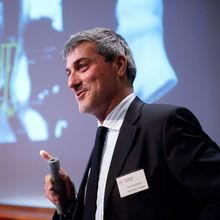
Paolo Macchiarini Found Guilty for Botched Surgery
Amanda Heidt | Jun 16, 2022 | 3 min read
The former thoracic surgeon was acquitted on two counts of intentional assault but convicted on a single count of felony bodily injury for a series of fatal procedures in the early 2010s.
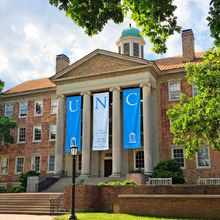
UNC Research Chief Admits to Plagiarism, Resigns
Natalia Mesa, PhD | Mar 11, 2022 | 2 min read
Geneticist Terry Magnuson steps down as vice-chancellor at the University of North Carolina at Chapel Hill after he copied text from multiple sources he found online into a grant application.

Timeline: When Bad Research Changes Public Health Strategy
Catherine Offord | Oct 1, 2020 | 1 min read
Illinois-based Surgisphere Corporation had a brief moment in the limelight this year following its infamous study of hydroxychloroquine. But the impact of the company’s deception reverberated across world.
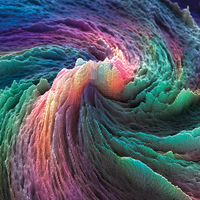
The Surgisphere Scandal: What Went Wrong?
Catherine Offord | Oct 1, 2020 | 10+ min read
The high-profile retractions of two COVID-19 studies stunned the scientific community earlier this year and prompted calls for reviews of how science is conducted, published, and acted upon. The warning signs had been there all along.

Cloning Scientist Sentenced to 12 Years in Prison
Jef Akst | Jan 14, 2020 | 2 min read
More than five years after his arrest, Li Ning of China Agricultural University is convicted of stealing nearly $5 million of grant money.
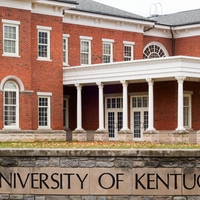
University of Kentucky to Fire Professors for Research Misconduct
Chia-Yi Hou | Aug 26, 2019 | 2 min read
The institution completed an internal investigation into two professors and a staff researcher for duplicating images and fudging data.
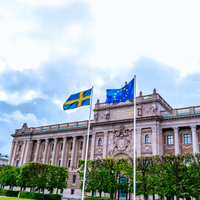
Sweden Passes Law For National Research Misconduct Agency
Chia-Yi Hou | Jul 10, 2019 | 2 min read
After several high-profile cases, the country’s government is creating a board to oversee and investigate all serious allegations of scientific misconduct.
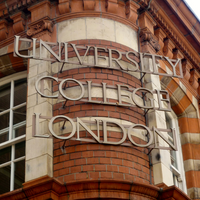
University Releases Reports from Investigation of Prominent Geneticist
Chia-Yi Hou | Jul 2, 2019 | 2 min read
A panel finds David Latchman’s “recklessness in the conduct” of the lab and his involvement as an author on problematic papers facilitated the misconduct.
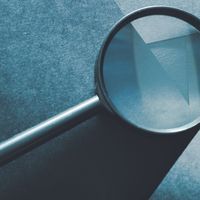
Research Institute Investigates Possible Image Manipulation in Papers
Shawna Williams | Jun 11, 2019 | 1 min read
PubPeer commenters have flagged more than 100 papers from branches of the Council of Scientific & Industrial Research for apparent image duplication and other issues.
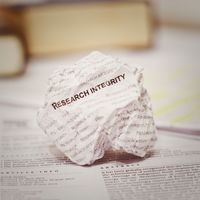
First Author Should Be Responsible for Paper Accuracy: Study
Ashley Yeager | May 23, 2019 | 2 min read
An analysis of misconduct investigations finds first authors are more likely to commit transgressions, suggesting they should be held accountable for the integrity of the work.
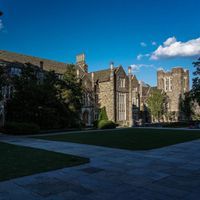
NIH Suspended Duke University Grants Amid Misconduct Allegations
Jef Akst | May 22, 2019 | 2 min read
The accusations concerned the safety of research participants. The school says the grants have been reinstated following an investigation.
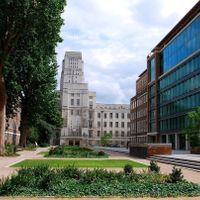
University College London Geneticist Cleared of Wrongdoing
Jef Akst | Dec 5, 2018 | 1 min read
A second investigation by the school concludes that David Latchman, also the head of Birkbeck, University of London, was not involved in the image manipulation found in papers he coauthored.

Two Plant Biologists Penalized by CNRS in France
Jef Akst | Oct 3, 2018 | 1 min read
Olivier Voinnet and Patrice Dunoyer face consequences for misconduct that led to the retractions of numerous high-profile papers.

Researcher Fazlul Sarkar Has 12 More Papers Retracted
Sukanya Charuchandra | Sep 17, 2018 | 1 min read
The ex-Wayne State University scientist has racked up 33 retractions to date.
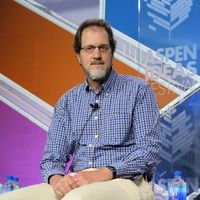
Dartmouth Professor Plagiarized His Colleague, University Says
Jef Akst | Aug 20, 2018 | 2 min read
H. Gilbert Welch, a health policy expert who has advocated against superfluous cancer screening, published another Dartmouth researcher’s work, according to the university administration.
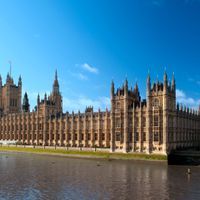
UK Politicians Propose New “Research Integrity” Watchdog
Catherine Offord | Jul 11, 2018 | 2 min read
A report recommends the creation of a national committee to oversee universities’ handling of misconduct investigations.
